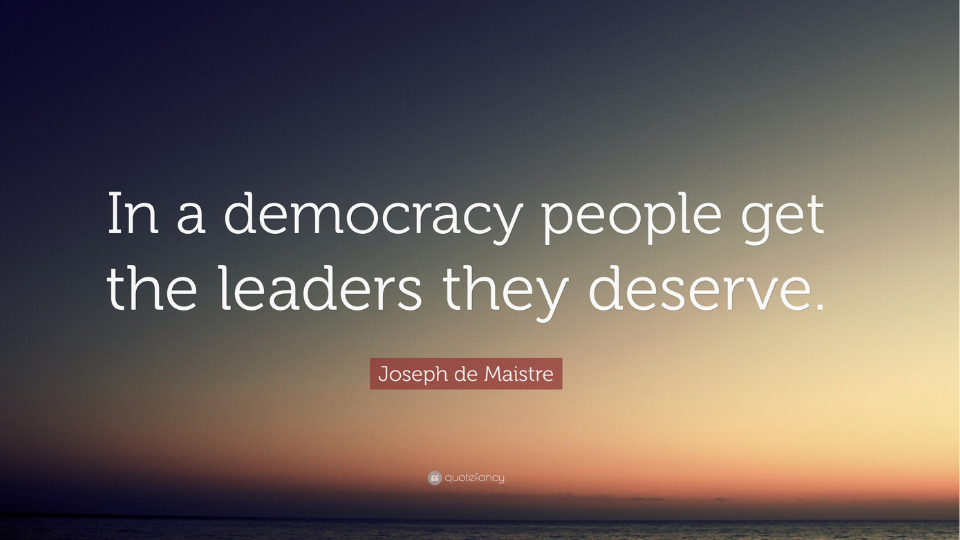
Click on the play button to listen to the audio version.
With the presidential election only three weeks away, partisans on both sides are taking off the gloves with rhetoric that vilifies their opponents and fires up their minions. Most people believe that our country is more divided than ever. Indeed, the days when liberal and conservative candidates can debate their views respectfully seem like a distant memory. At the risk of oversimplifying things too much, let me cut to the chase about what is driving the divisions in the country.
People are struggling, and they want to blame someone for their problems.
A lot has been written about the erosion of our middle class. Today, the disparities between wealthy and working-class Americans are significant and growing. Social media amplifies this disparity by giving young people the impression that practically everyone is living their best life except you. While unemployment rates are as low as ever, and the stock market is at a record high, people feel like they should be doing better than they are. Politicians are aware of this and know there is no silver bullet to solve the problem, so they do the most expedient thing: blame their opponent. The left blames billionaires and oligarchs, and the right blames immigrants.
Are billionaires the problem?
The U.S. is home to over 30% of the world’s billionaires. While it’s unsurprising that the world’s largest economy has the most billionaires, is it healthy for 1000 people to own 50% of the country’s wealth? Probably not, but it is good that the most influential companies in the world are based in the U.S. There is a reason why the best entrepreneurs on the planet flock to the United States, and that is probably not something we want to change. Most people probably think that the top entrepreneurs in the world come to the United States because of access to capital and our tax laws. That is undoubtedly part of the appeal, but I would argue that the most attractive thing the U.S. has over other countries is our purchasing power. Consumption is the most significant component of American GDP. It accounts for about twenty trillion dollars annually.
Simply put, the largest companies in the world are based in the U.S. because there are more customers here than anywhere else. To answer the question, are billionaires the problem? No, except when they use their wealth to manipulate our system of government in a manner that hurts middle-class Americans. Ironically, a less affluent middle class will make the U.S. less appealing to entrepreneurs and large companies.
Are immigrants the problem?
America needs secure borders for the safety and well-being of the nation. Let me repeat that. Illegal immigration is a bad thing for the country and the immigrants themselves. However, nothing pisses me off more than the demonization of immigrants, and nothing makes me sadder than seeing people who are immigrants themselves or children of immigrants support anti-immigrant rhetoric. There is one reason and one reason only why politicians target immigrants; they are easy targets, and very few of them have the means to fight back. There is also zero evidence that immigrants, even those who are undocumented, are anything other than a plus to our economy. There is a reason why immigrant bashers only use anecdotes and never cite data to support their positions: because there is none. Anyone who knows anything about our economy knows that mass deportations would collapse our economy. The construction, restaurant, and food industries would completely halt. The notion that immigrants come to this country for handouts is preposterous. They come because people here are willing to hire them, plain and simple. Racism, lies, and fear drive the anti-immigrant rhetoric. The U.S. currently has 11 million unfilled jobs. Only comprehensive immigration reform will solve that problem. We can argue about the tactics to achieve immigration reform. However, I don’t think it is an overstatement to say that our leadership in the global economy depends on finding a solution to the immigration problem.
Homeownership, education, and access to capital. Everything else is noise.
Our country’s divisions will improve in direct proportion to improvements in wealth and income disparities. Homeownership is the primary source of wealth for most Americans, so improving affordability and access to homeownership is a must. I was going to title this blog “Harris’ Housing Plan Hits the Right Points, but Her Justice Department Could Crush Homeownership Opportunities.” I will take a moment to comment on the scapegoating of the real estate industry. Affordability is driven by supply and demand principles, so anyone who thinks that title insurance fees or agent commissions are at the core of our housing affordability problems is either lazy or stupid. I like that the Harris team is focusing on supply-side solutions for housing, but let’s just hope that if they get into office, they don’t drive regulations that make the barrier for first-time buyers higher than it already is.
Education is also a great equalizer. Access to quality education should not be limited to affluent neighborhoods. Some of our most talented people never get the opportunity to be the best they can be simply because they don’t have access to quality educational resources.
Access to capital fuels entrepreneurship. Although Latinos make up 19 percent of the population and 25 percent of the millennial and Gen Z generations, they receive only one percent of the investment capital. This needs to change. Capital should flow to where the growth is, and no segment of our population is growing faster than the Hispanic population.
We get the leaders we deserve. If we don’t start electing serious people who have serious solutions and can lead the country beyond our petty differences, things won’t improve, and our divisions will only worsen.
